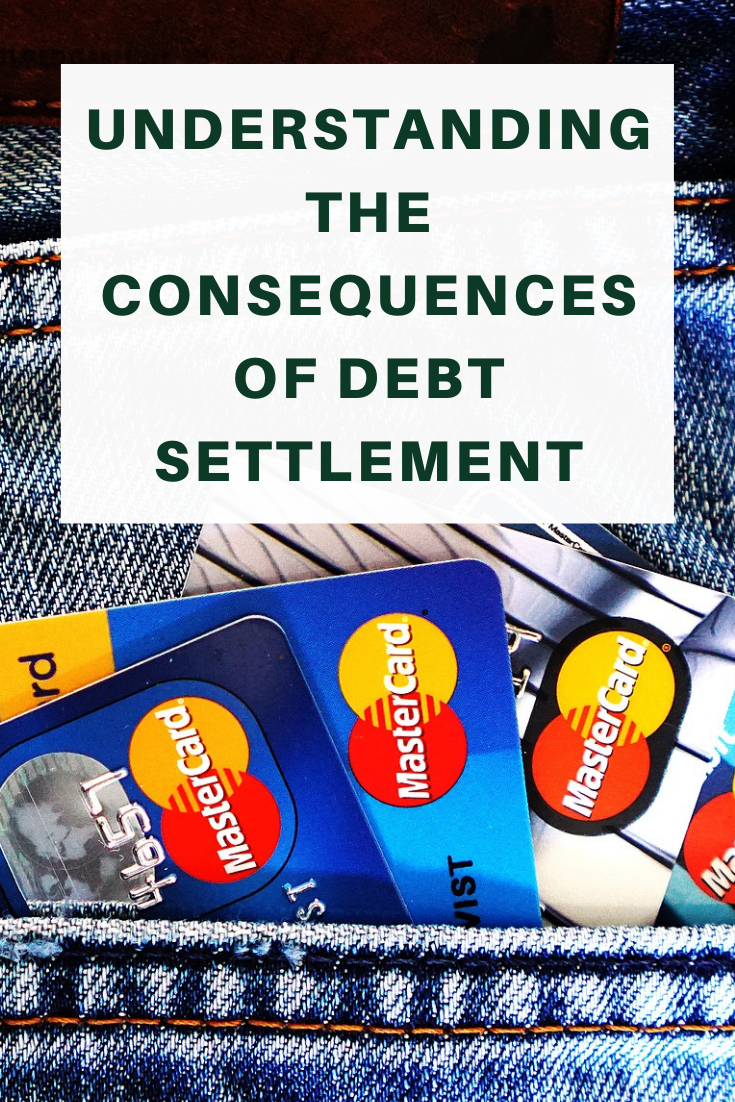If there were a magical “get out of debt free” card, it’s likely most of the Americans owning $807 billion across more than 500 million credit accounts would all jump at the chance for a clean slate. However, as we all know, getting into debt tends to be much easier than getting out of it. It’s no wonder so many Americans are struggling with debt, particularly high-interest credit card balances.
Debt settlement is an option for consumers who see negotiating with creditors to try to reach a compromise as their most probable path out of debt, either on their own or through a program that specializes in credit card debt settlement.
It probably doesn’t surprise you to find out there are both pros and cons to this approach. Determining whether this strategy is right for you involves understanding the consequences — and weighing them against the potential benefits you could stand to gain. Here’s more on each.
Potential Positive Outcomes of Debt Settlement
Why have so many people decided to settle their debts over the years?
Well, it’s an alternative to bankruptcy for those who either cannot qualify for bankruptcy or wish to avoid it. It also can accommodate heavy debt loads of $7,500 or more, which makes it a potential avenue for Americans struggling with serious levels of debt who feel they may never be able to pay back the full amount.
When it’s successful, the debt settlement process can speed up the time it takes to wipe out debts — an attractive option for borrowers who would otherwise be in debt for years to come. According to The Balance, if creditors do agree to a negotiated sum that’s lower than your current balance, you’re “essentially debt free in less time and at a lower cost” than paying them off the old-fashioned way.

Potential Negative Consequences of Debt Settlement
Debt settlement is typically an option for people who have already seen their credit scores diminish due to missed payments. Why is this? Because it may require diverting the money you would have paid to creditors each month into a special account that will eventually serve as your bargaining chip. After all, creditors are more likely to negotiate with someone who is showing signs of being unable to pay at all, risking default.
It’s important to be aware, however, that missing any payments will have an adverse effect on your credit score, since payment history is the largest factor, determining a substantial 35 percent of your FICO score. The more late payments accumulated, and the more delinquent they become, the more your credit score will negatively reflect these missed payments — meaning it can take you months or years after settling to rebuild your credit history.
However, the idea is that without debt saddling you down you will be able to recover and stay on top of future payments so as to strengthen your credit once again. This makes it a potentially less-damaging alternative to bankruptcy, which can linger on a credit report for seven or 10 years.
Engaging in debt settlement will also not stop creditors and/or collections agencies from contacting you, attempting to collect on what you owe. Although you can keep them at bay somewhat according to your consumer rights, settlement does not necessarily make them stop their communications, nor does it prevent them from threatening to sue you — or even taking you to court over unpaid debts.
Understanding the consequences of debt settlement is a key step in deciding whether it makes sense for you as a strategy to pursue. Knowing the good and the bad ahead of time means you won’t encounter any surprises along the way.
*This is a collaborative post

